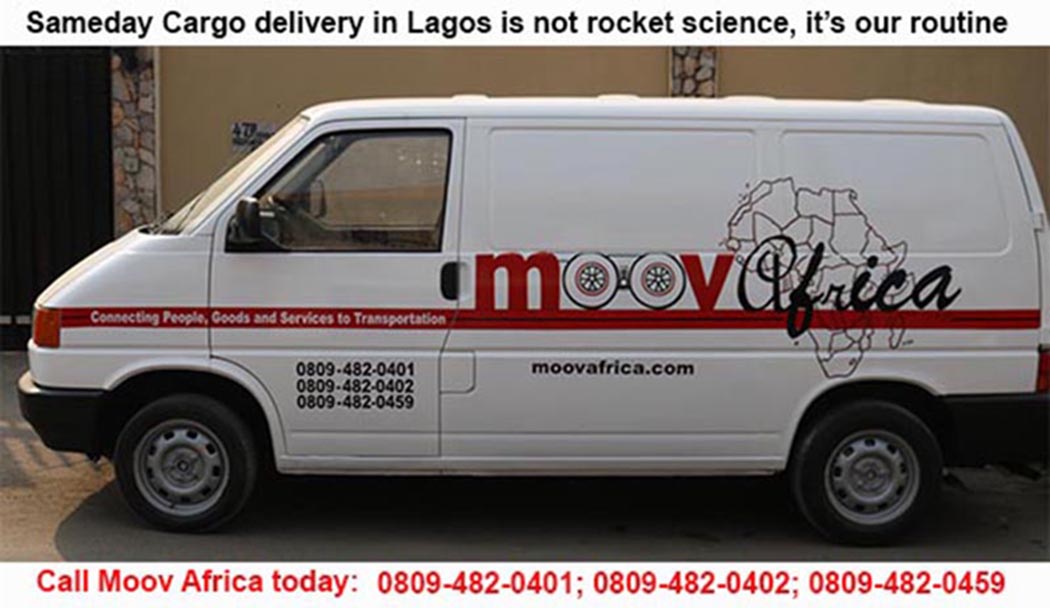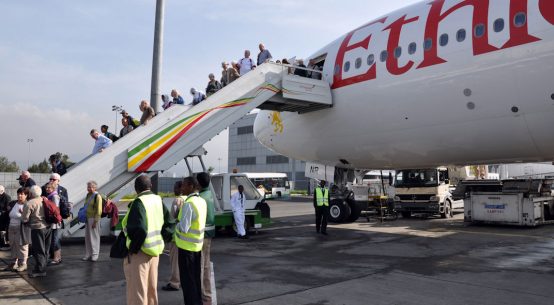
This week, DHL and IBM released a joint report on the development of Artificial Intelligence (A.I.) technology and its potential to change the logistics industry – noting that, in many ways, A.I. is already making profound changes to the retail environment, not all of which are positive.
While there are many ways to define A.I. and many contexts in which the technology is referenced, for our intents and purposes, it can be thought of as the implementation of systems that behave like humans – in that it can automatically address problems, learn how to avoid those problems in the future and produce original ideas.
According to the report, A.I. has already seen success in meshing with the retail end of the supply chain, for instance, allowing e-commerce consumers a shopping experience that is tailored to their observable preferences via the A.I. technology’s self-learning algorithms. In terms of the implications for manufacturing, warehousing and transportation, the scale of the potential uses of A.I. are nothing short of overwhelming due to the scope of data that is now available through internet of things (IoT).
With more industry players incorporating IoT systems, such as automated sorting and item-tracking technology – which is replacing traditionally human labor tasks and simultaneously gathering and storing valuable data – the potential to forecast supply-chain disruptions, like inventory shortages, manufacturing bottlenecks and delays in transit, will mean another leap forward for the industry.
On the flipside of these boosts in efficiency and cost savings, there are more difficult issues that will continue to arise with A.I. implementation, the study noted. The shift toward AI and IoT, for example, means jobs traditionally intrinsic to supply-chain operations will either be re-distributed or deemed obsolete. Knowing that the limits of the technology are unforeseeable, it’s difficult for anyone to predict the scale in which business operations will become automated and the economic implications of this paradigm shift.
To read the full report, download the report on DHL’s website.
–









